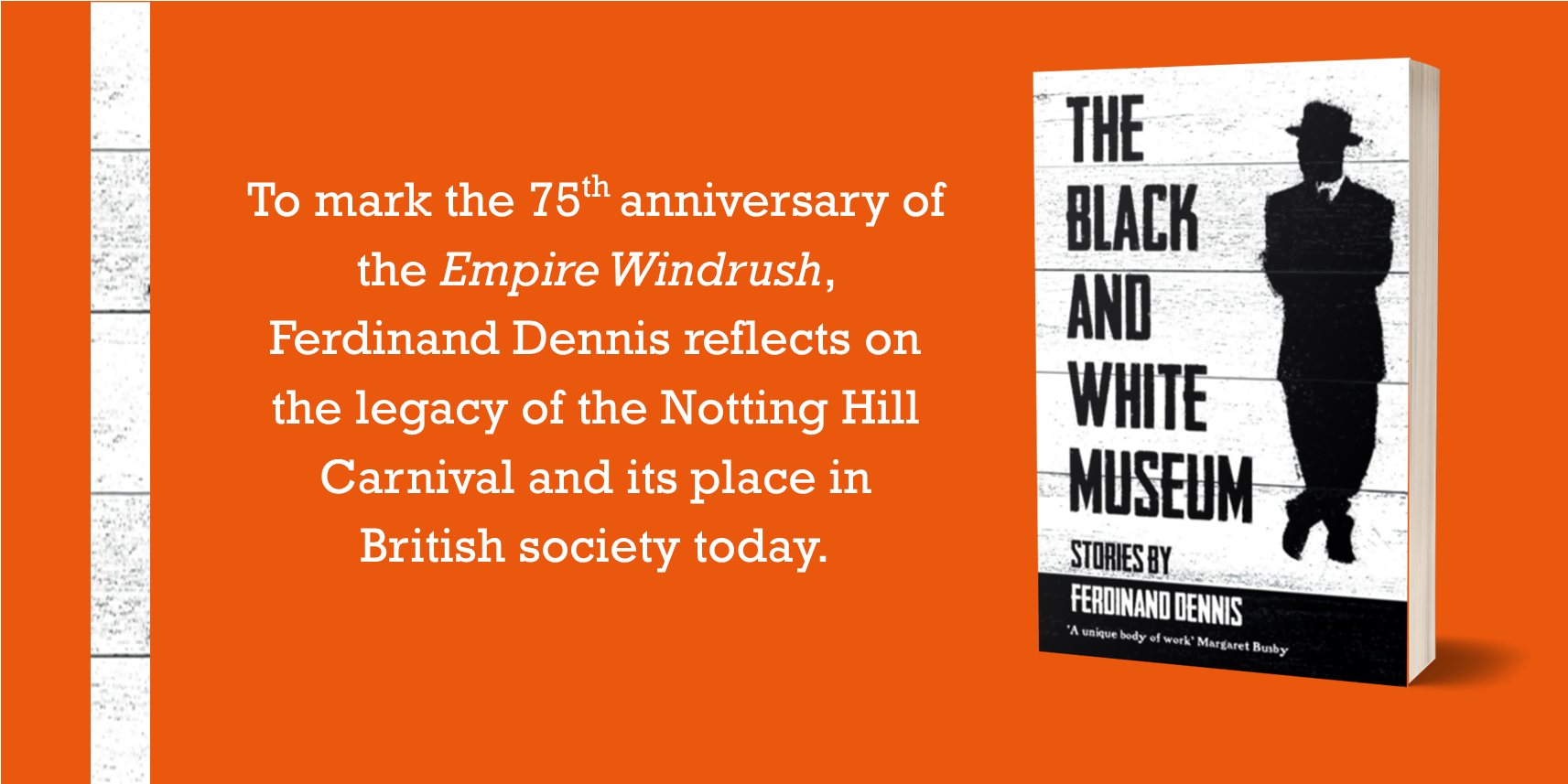
In my early teens I became aware of a strange phenomenon in my neighbourhood. On the August bank holiday, groups of Caribbean women could be seen walking in the middle of the road to some unknown destination. Always colourfully dressed, they tended to be Dominican or St Lucian and chatted away in French patois, which was incomprehensible to me, a Jamaican, but recognisable because I lived next door to a Dominican family. These people were, I learned eventually, heading to Ladbroke Grove. Soon I too joined the annual pilgrimage to the Carnival in the Grove, now universally known as the Notting Hill Carnival.
On the 75th Windrush anniversary, the extraordinary event that is the Notting Hill Carnival, will, I hope, be accorded the recognition it deserves as one of the greatest gifts to Britain by the Windrush generation.
Like many early carnival goers, I probably found the event attractive because, as a member of a racial minority, it gave me an opportunity to be in the majority, if only for a day. But it was clearly a majority with some deep-rooted grievances, the spontaneous expression of which gave the event an unpromising future. I remember being trapped beside a sound system in the shadow of the Westway flyover watching dreadlocked black youths throwing bricks at a line of policemen while dub music, or Burning Spear bellowing in his hoarse voice ‘Do you remember the days of slavery?’ issued from a twelve-foot-high wall of huge speakers. Given that many British institutions have in recent years expressed recognition of, and regret for, their involvement in the transatlantic slave trade and slavery, the sound systems, Rastafarians and reggae musicians were clearly ahead of their time. Their 1970s message should be included on any list of Windrush legacies.
Carnival continued to be unpredictable and combustible into the 1980s, but it also became more popular, drawing participants from far and wide. As its complexion changed, I came to appreciate its unique creativity, which can only grow bolder and more imaginative with greater sponsorship. The art of carnival, as the Brazil and Trinidad carnival have shown, is inexhaustibly rich.
This year I will probably be even more appreciative of the Notting Hill Carnival as a celebration not of race but of a vibrant multicultural Britain, a nation of cultural diversity most visible in major cities, the effect of post-Second World War immigration. Britain has seen several spectacles in recent years: Queen Elizabeth’s jubilee and, most moving, funeral, and King Charles’s coronation. Staged in Britain’s inimitable grand style, these royal events, though far more inclusive than they have ever been, nevertheless reinforced an unchanging elitism, the inevitable result of any form of royalty.
The Notting Hill Carnival offers a different kind of spectacle. It’s a collective celebration that brings millions of visitors to the streets over two days. At carnival all participants are equal and, in the spirit of playing mas, even the most ordinary men and women can be crowned kings or queens for the day. And that perhaps is the Windrush’s greatest legacy as expressed through carnival: the power of the human imagination to free ourselves from the rusty chains of tradition.
Ferdinand Dennis
London 2023